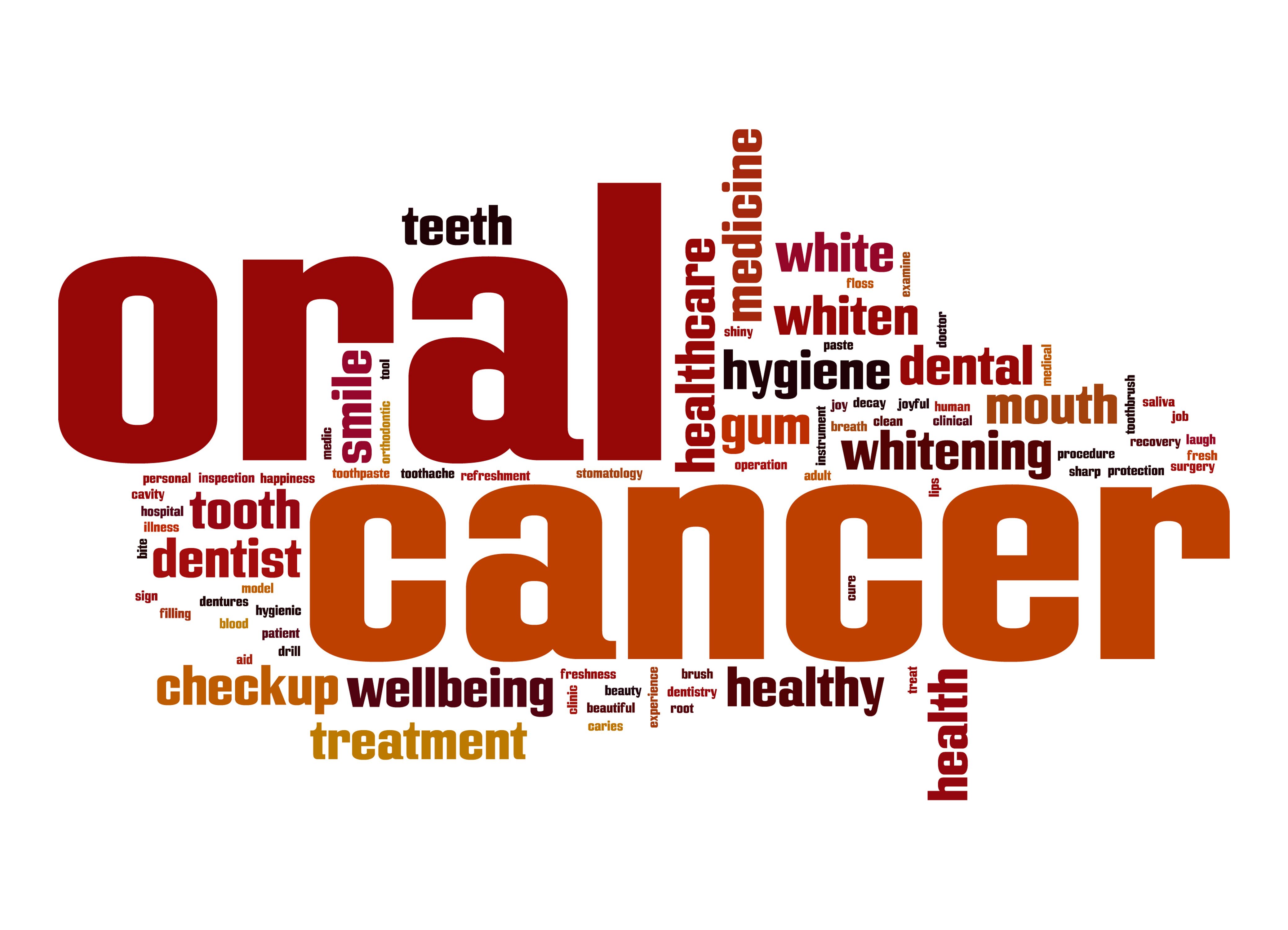Symptoms of Oral Cancer
Oral cancer often does not get the same attention as other types of cancer, but this disease has only about a 50% survival rate and results in more deaths than both skin cancer and thyroid cancer. The main reason that only about half of oral cancer patients survive beyond five years after diagnosis is that treatment often begins too late. Without regular oral cancer screenings, the early warning signs of this disease are easy to miss. Noticeable symptoms take a while to develop, and many individuals don’t recognize the symptoms. A professional oral cancer screening evaluates the soft and hard tissues of the mouth for any early signs of oral cancer. Dr. John Goodman regularly performs oral cancer screenings for his dental patients, which allows this disease to be diagnosed and treated early when the chances of a successful treatment are high. Here we go over some of the most common symptoms of oral cancer to affect our Kansas City, MO, patients.

Mouth Sores
Mouth sores are a pretty common irritation. A sore may develop when a person bites their cheek or lip, or as a reaction to certain foods and beverages. The presence of a mouth sore alone should not be cause for concern. However, if mouth sores are a regular problem, or if a mouth sore persists well beyond the time it should have taken to heal, that may be a sign of oral cancer. Mouth sores may vary from patient to patient. In some cases, mouth sores are tender and may bleed easily. In other cases, a mouth sore may just be an area of skin that feels raised or different in texture than other areas. Any unusual sores should be reported to Dr. Goodman so that he can examine them himself.
Lesions in the Mouth
Lesions are another common symptom of oral cancer. Though similar to mouth sores, lesions primarily describe some type of growth on the tissues of the mouth, or an area of the mouth that differs in appearance. Most commonly, oral lesions will look like rough or raised patches of red or white skin. Lesions caused by oral cancer can be distinguished from a regular mouth ulcer, like a canker sore, because they are unlikely to clear up in a timely manner.
Pain or Tenderness
Oral cancer can cause the soft and hard tissues of the mouth to feel painful or tender. Depending on where cancer has developed, patients may notice pain in the gums, jaw, tongue, or soft tissues of the mouth (including the lips). Sensations experienced by the patient may include numbness, mild irritation, or substantial discomfort. As a result of this pain, patients often find it difficult to chew, swallow, speak, or open and close the mouth.
Sore Throat
Many patients who suffer from oral cancer report feeling a persistent pain or scratch in their throat. It can even feel like there is an object caught in the throat making it difficult to swallow. Any soreness in the throat that feels unusual or does not clear up on its own should be reported to a doctor for further evaluation.
Contact Us
A routine oral cancer screening is the best way for individuals to ensure that this disease is diagnosed and treated early on. If you have questions about the oral cancer screening process, or would like to set up an exam for yourself, contact us at your earliest convenience.


